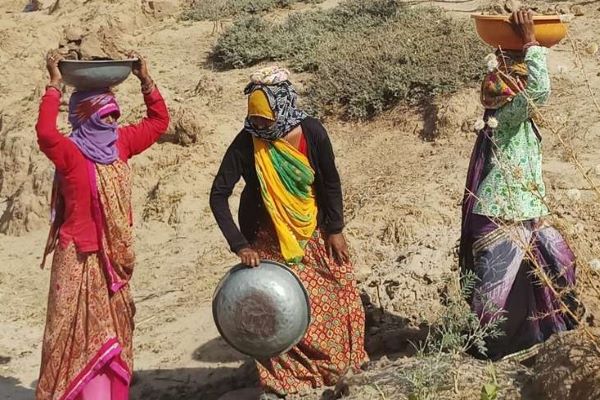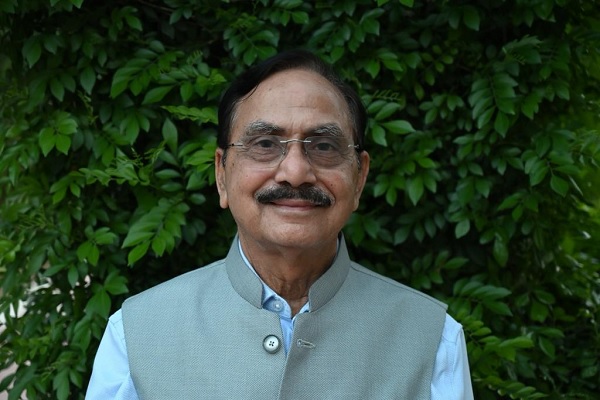Loveleen
All that said was not so good for migrant workers in Madhya Pradesh, only 19 percent of families in Madhya Pradesh got work under NREGA during COVID crisis, while for our neighboring State Chhattisgarh the percentage is at 70 percent. This was brought out in first rural report understanding impact of COVID19 crisis on people. Titled as The Rural Report survey done by Rural media platform Gaon Connection, and was released yesterday.
The report is divided into different themes that include impact on farmers, financial stress and debt, livelihoods and MGNREGA, pregnant women’s health, hunger, and future plans of rural citizens. Goan Connection for the survey spoke to over 25,300 respondents in 179 districts across 20 states and three union territories. A total of 963 supplementary interviews with migrants who traveled back to their hometowns have also been included.
In NREGA Only a fifth of the households surveyed by Gaon Connection saw a family member find employment under this flagship scheme, of Government of India. Though States like Chhattisgarh, Uttarakhand and Rajasthan did better. Chhattisgarh reported the highest percentage of such households at 70 per cent followed by Uttarakhand (65 per cent) and Rajasthan (59 per cent). Gujarat and UTs of Jammu and Kashmir-Ladakh reported the lowest work under MGNREGA at 2 per cent and 4 per cent respectively.
Survey points out that 23 per cent migrant workers returned home walking during the lockdown. Over 33 per cent migrant workers said they want to go back to the cities to work.
The report strikes on the fact that 68 per cent rural Indians faced monetary difficulty during the lockdown. The report brought out that about 23 per cent of population in rural India, borrowed money during the lockdown, 8 per cent sold a valuable possession like phone, watch etc, 7 per cent mortgaged jewellery, and 5 per cent sold or mortgaged their land.
Medicines which is important, survey finds out that 38 per cent of the rural households reported having gone without necessary medicine or medical treatment often or sometimes during the lockdown. Striking is that in Assam 87 per cent rural households did not receive the required medical treatment followed by 66 per cent in Arunachal Pradesh as per the report.
According to the survey 74 per cent rural respondents said they were satisfied with the manner in which the government has handled the pandemic. This is important as perception of the efforts of the State has been positive in their minds.





